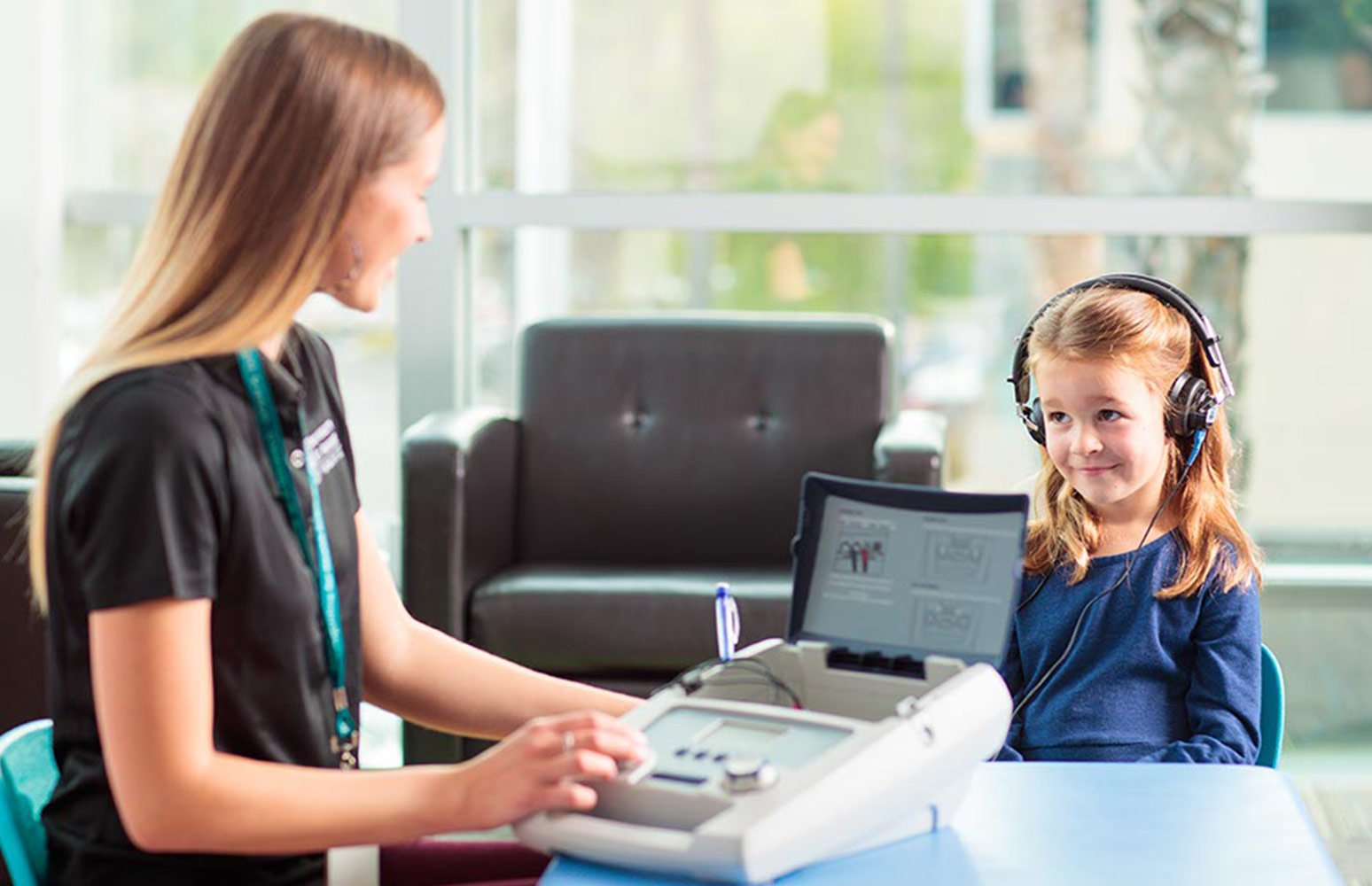How a Speech Pathologist Can Help Improve Communication Abilities
Effective interaction is a keystone of individual and specialist success, yet many individuals face difficulties that prevent their capacity to share themselves plainly. A speech pathologist is outfitted to resolve these obstacles via targeted analysis and treatment approaches customized to every individual's requirements. By utilizing evidence-based restorative techniques, they not just work to enhance speech and language disorders but additionally improve general communicative competence. Understanding the complex role of a speech pathologist reveals just how their experience can change lives, welcoming a better evaluation of the specific approaches and end results related to their method.
Understanding Interaction Problems
Understanding interaction disorders is crucial for acknowledging how they affect people' ability to express themselves and involve with others. Communication conditions incorporate a large range of difficulties that impact speech, language, and social interaction, typically impeding efficient interaction. These disorders can develop from various elements, consisting of neurological problems, developmental hold-ups, physical impairments, or mental concerns.
Speech disorders may materialize as troubles in fluency, voice, or articulation manufacturing, affecting how words are noticable or talked. Language problems, on the various other hand, include obstacles in understanding or using language, which can hinder both non-verbal and verbal communication. Social interaction problems are identified by difficulties in the pragmatic elements of interaction, such as taking kip down discussion or understanding social signs.
The effects of communication disorders are profound, impacting not just the person's capacity to share feelings and ideas yet additionally their social relationships, academic chances, and general high quality of life. Understanding of these conditions can promote empathy and support, encouraging efficient techniques for communication and engagement. Understanding the complexities of interaction problems is a vital action towards promoting inclusivity and attending to the requirements of those affected.
Role of a Speech Pathologist
Speech pathologists regularly play an essential duty in detecting and dealing with communication disorders, using a variety of evidence-based methods tailored per person's demands. These experts deal with people throughout the lifespan, from children with speech hold-ups to adults recouping from strokes or traumatic mind injuries. Their expertise incorporates a range of interaction problems, including expression, language, fluency, and voice conditions.
In restorative setups, speech pathologists use structured treatments designed to boost communication abilities. They may apply methods such as speech exercises, language video games, and social communication training to help with improvements in responsive and expressive language abilities. Speech Pathologist. Furthermore, they educate customers and their families about reliable communication methods and flexible methods to browse everyday communications
Beyond straight treatment, speech pathologists work together with various other healthcare instructors, professionals, and caregivers to make sure a thorough method to therapy. They advocate for clients by supplying sources and assistance, allowing people to achieve their communication objectives and improve their general high quality of life. As specialists in the area, speech pathologists are important in promoting effective communication, promoting independence, and improving social involvement for those with interaction obstacles.
Analysis and Medical Diagnosis Refine
The analysis and medical diagnosis procedure carried out by speech pathologists usually entails a thorough evaluation to identify interaction problems properly. This procedure starts with a thorough instance background, where the medical professional collects significant details regarding the person's medical, educational, and developmental background. Understanding the context of the individual's communication problems is necessary for a precise diagnosis.
Following the situation history, speech pathologists use standardized tests and informal analyses to assess various aspects of communication, including speech sound production, language understanding, expressive language, and social interaction abilities. These assessments are tailored to the individual's age and specific problems, supplying important information for analysis.
Monitoring is likewise an important component of the analysis process, as it allows the medical professional to see firsthand exactly how the specific connects in natural setups. Additionally, meetings with family participants and instructors can supply insight into the person's communication obstacles across various environments.
As soon as the assessment is full, the speech pathologist synthesizes the searchings for to identify a medical diagnosis and recommend proper go to this web-site interventions. This complete assessment procedure ensures that individuals receive targeted assistance tailored to their one-of-a-kind communication requirements, laying the structure for effective restorative strategies.
Restorative Strategies and Techniques
Countless therapeutic methods and methods are employed by speech pathologists to deal with a range of interaction disorders efficiently. One commonly made use of method is expression therapy, which focuses on remedying speech appears through repetition and visual hints. This strategy is specifically useful for people with speech audio problems.
An additional effective strategy is language intervention, which improves both responsive and meaningful language abilities. web This might include interactive tasks that advertise vocabulary advancement, sentence framework understanding, and conversational abilities. In addition, speech pathologists usually use social skills training to improve practical language capacities, making it possible for people to browse social communications extra efficiently.
Fluency shaping and stuttering alteration strategies are particularly created to help those experiencing fluency conditions. These methods help customers create smoother speech patterns and take care of the physical and psychological elements of stuttering.
Moreover, different and augmentative interaction (AAC) systems are used for individuals with serious communication impairments. These systems, which can consist of motions, symbols, or electronic tools, give crucial support for efficient interaction.
Benefits of Speech Treatment

Additionally, speech therapy can aid in establishing important listening and understanding abilities, cultivating much better interaction in conversations. Individuals with cognitive-communication conditions can also benefit, as treatment focuses on reinforcing memory and analytical abilities, essential for reliable interaction.
Another crucial facet is the emotional assistance offered during treatment sessions. Speech pathologists create a secure atmosphere, motivating patients to conquer stress and anxiety and disappointment related to their interaction problems. This assistance can result in boosted self-confidence and overall psychological well-being.
Additionally, early treatment through speech treatment can prevent more problems, making certain that individuals reach their complete communicative potential. Generally, the benefits of speech therapy expand beyond plain speech improvement, positively influencing various measurements of life for those affected by communication troubles.
Conclusion
In summary, speech pathologists play a critical role in resolving communication conditions via assessment, diagnosis, and customized healing interventions. By utilizing evidence-based methods, these specialists enhance individuals' speech and language abilities, cultivating improved clearness, fluency, and social communication abilities. The advantages of very early intervention underscore the value of looking for aid from speech pathologists, as their expertise can dramatically enhance communicative potential, eventually causing better success in both specialist and individual balls.

Speech pathologists often play a crucial function in detecting and treating interaction problems, employing a range of evidence-based methods customized to each person's needs. As experts in the field, speech pathologists are crucial in fostering effective communication, advertising self-reliance, and boosting social participation for those with communication challenges.

Comments on “Can a Speech Pathologist Help with Stuttering? This is What You Need to Know”